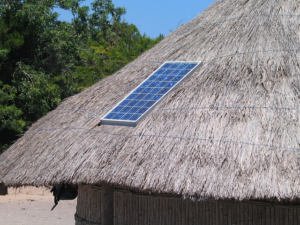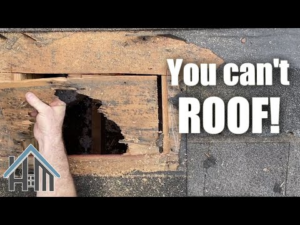
Washington—Senators Dianne Feinstein and Alex Padilla (both D-Calif.), Cory Booker (D-N.J.), Tammy Duckworth (D-Ill.), Jon Ossoff (D-Ga.) and Brian Schatz (D-Hawaii) led a group their colleagues in urging Senate Majority Leader Charles Schumer (D-N.Y.) and Finance Committee Chairman Ron Wyden (D-Ore.) to include a direct pay option for residential renewable energy property tax credits in Section 25D of the Internal Revenue Code of 1986 (25D). In the letter, the senators detailed how a direct pay option would help low- and moderate-income (LMI) households install solar energy systems and help meet President Biden’s goal of curbing greenhouse gas emissions by 50% from 2005 levels by 2030.
Senators Feinstein and Padilla are both advocates for tax incentives for low- and moderate-income families whose efforts help mitigate the effects of the climate crisis. Earlier this year, they introduced legislation to ease tax burdens on homeowners making water-efficient choices. They also introduced legislation to provide buyers of pre-owned electric cars with tax rebates up to $2,500, which would assist low- and middle-income households with purchasing electric vehicles.
“This essential tax credit is designed to help residential customers install renewable energy systems such as solar, wind and geothermal, but without a direct pay option, the low- and moderate-income (LMI) households who would benefit most from distributed generation are effectively blocked from accessing this tax credit,” wrote the senators. “We believe that a direct pay option will not only help us meet President Biden’s goal of a 50% reduction of greenhouse gas emissions over 2005 levels by 2030, but it will also help address long-standing impacts of climate injustice.”
“Renewable energy and environmental justice advocates estimate that roughly half of American households – approximately 60 million households – do not owe enough taxes to fully capitalize on the 25D tax credit in a single year under current law,” continued the senators. “However, because these LMI households spend more of their income on energy bills, they will benefit disproportionately from installing distributed generation like solar on their properties. We have an obligation to ensure that all Americans have equal access to benefit from the renewable energy transition, and securing 25D direct pay is critical to this goal.”
Taking into account the number of LMI households that own their homes, the current tax code prevents an estimated 26 million households from fully benefiting from the residential solar tax credit in the same year that the system was purchased and placed in service, including 3.2 million Black households and 3 million Hispanic households. Implementing a direct pay option would allow homeowners to fully and immediately realize their tax credits through a refund provided by the …….






